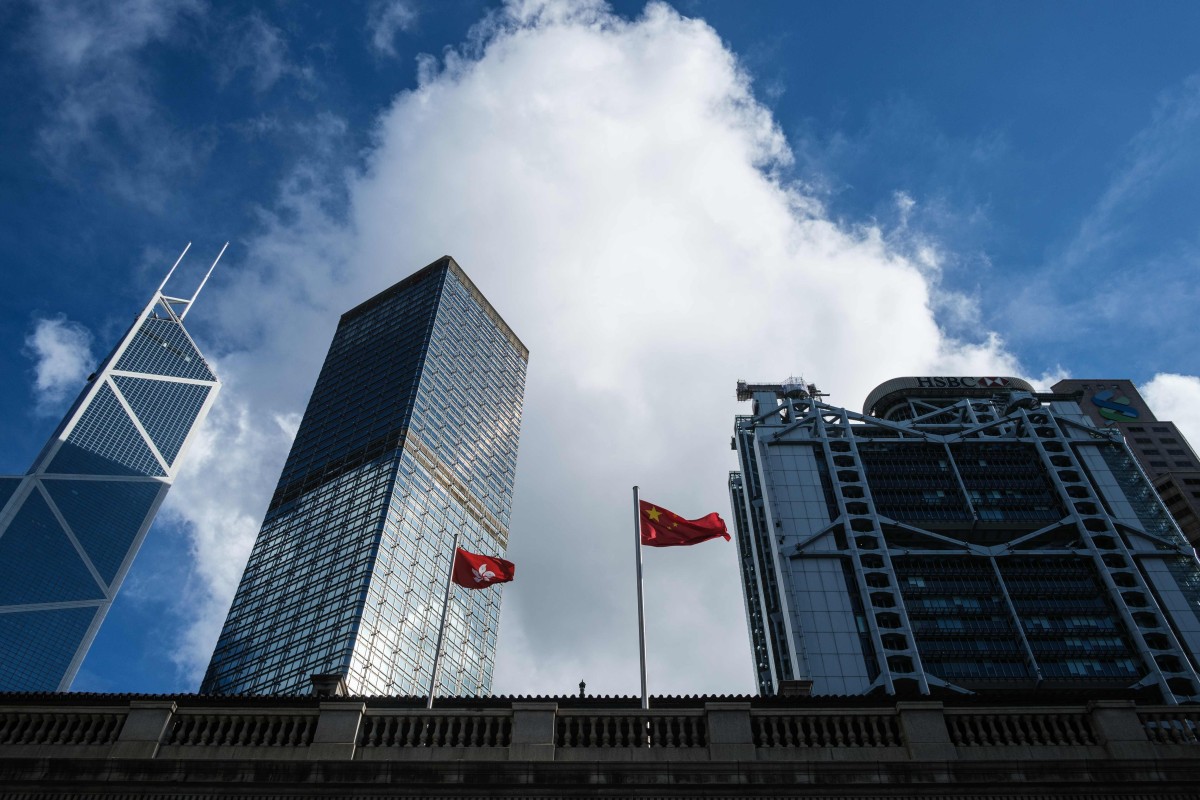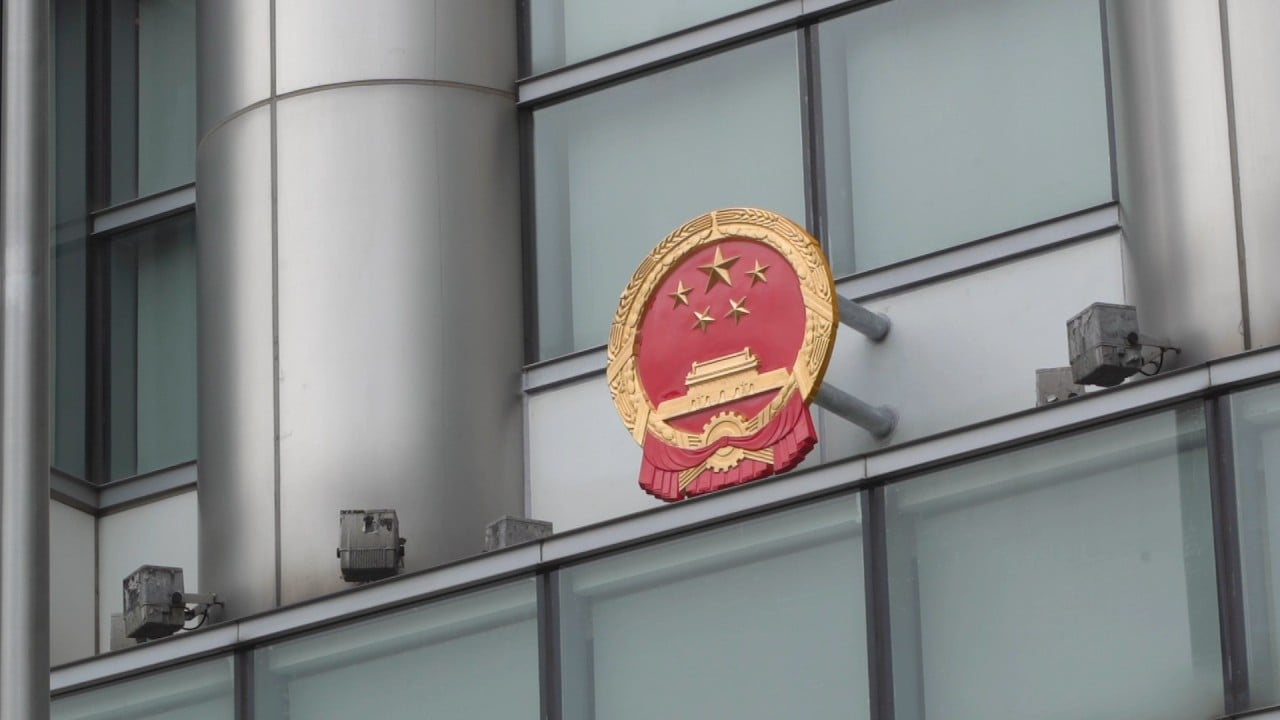 Reaction to the imposition of a national security law on Hong Kong has clouded the vision of the city’s future as a financial and transport hub. But the potential fallout from Beijing’s move cuts both ways, prompting some to think the gloomy rhetoric is premature.
Reaction to the imposition of a national security law on Hong Kong has clouded the vision of the city’s future as a financial and transport hub. But the potential fallout from Beijing’s move cuts both ways, prompting some to think the gloomy rhetoric is premature.
Australia has just followed Canada’s response in cancelling its extradition treaty with the city as well as holding out the prospect of extensions of student and temporary visas as a path towards citizenship.
There is no question that in many eyes Hong Kong is facing reputational damage to perceptions of its creditworthiness in terms of faith in its judicial system, and to its role in global law enforcement.
That said, even after taking into account Washington’s downgrading of the city’s special trade and economic relationship, it is arguable that it will remain a financial hub and attractive centre for initial public offerings.

Hong Kong hotel becomes home to Beijing’s new national security office in the city
Hong Kong hotel becomes home to Beijing’s new national security office in the city
And that is not to mention Hong Kong’s law enforcement cooperation with the United States, and other nations that are members of the “Five Eyes” intelligence community, against transnational drug trafficking, money laundering, even terrorism. Indeed, the city has been an important link in America’s global fight against terrorism and crime.
Fears that the national security law will make Hong Kong like another mainland city are a little exaggerated. The new law may have created uncertainty, but hardly justifies the conclusion that the city’s justice system will become like the mainland’s.
Countries that may be considering following the examples of the Five Eyes – the US, Britain, Australia, Canada and New Zealand – should think twice.
Fragmentation of global law enforcement will only create more space for global crime. It remains to be seen whether predictions of Hong Kong’s demise prevail over the longer view, such as that of Liu Mingkang, former chairman of the China Banking Regulatory Commission, who says the city will continue to parallel New York and London as an international financial centre.
He told a forum hosted by Chinese University’s Shenzhen Finance Institute that Hong Kong would remain an important financial gateway for China to connect with the rest of the world.
No comments:
Post a Comment